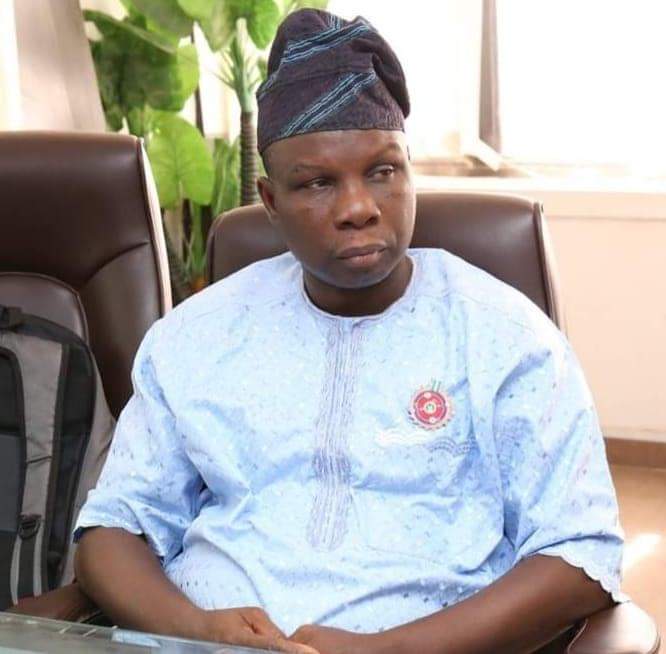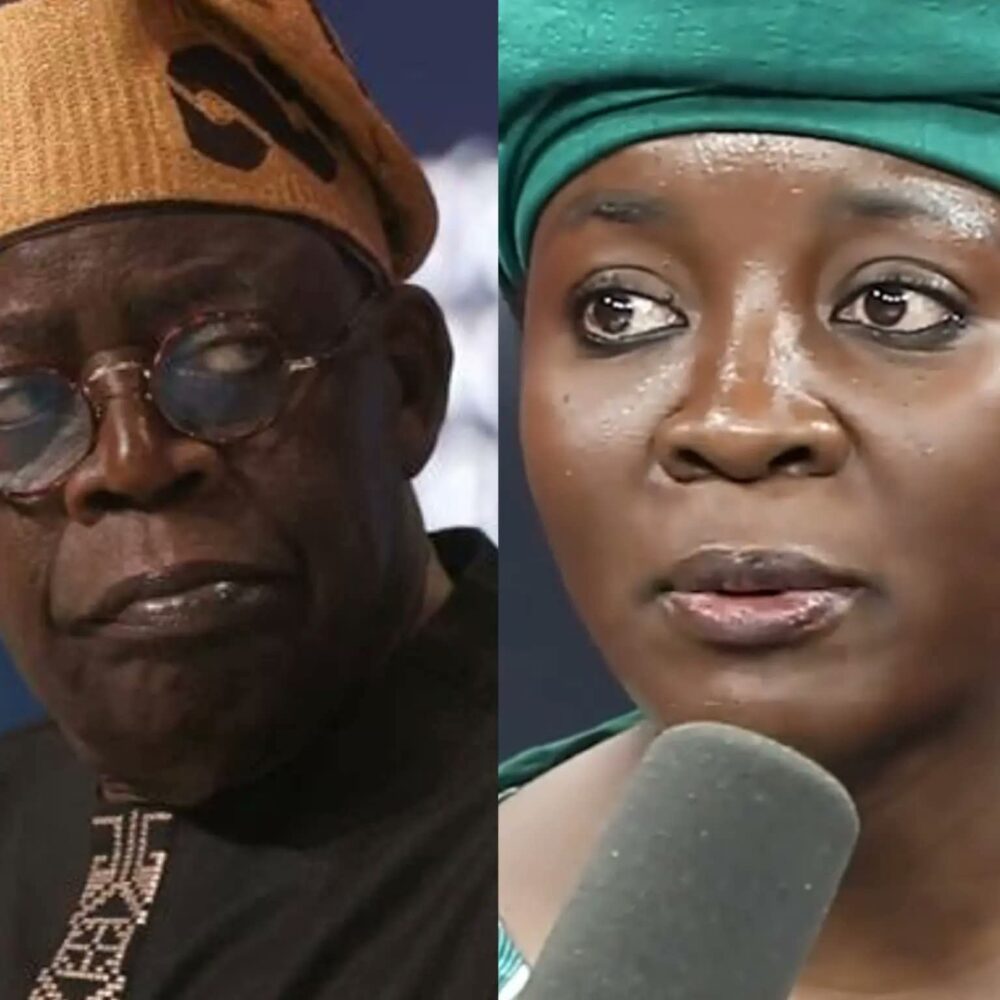With few days to the end of the year 2022, it would be appropriate to analyse and take a retrospective look at the outgoing year and how Nigerians fared in a bid to chart a better course in the New Year. One area where many Nigerians are grappling in distress is the rising level of inflation in the country, particularly food prices. Many are yet to come to terms with the galloping prices of most household essentials. There is no food item whose price has not recorded over 100 per cent in the year, with some rising above 400 per cent.
A good example is Noodles, which has become a household choice for many, but whose price has hit the roof.
A few years ago, a pack or carton of noodles went for N1,600. To get the same pack now, you will need to cough out over N9,000. A bag of rice last year was N23,000 but to get a bag now costs an arm and leg; going beyond N45,000 even for the local brand. It is the same tale of woe with Beans, Millet, Palm Oil, Groundnut Oil, Garri, Semovita, and many others.
Most housewives now groan and become grumpy whenever they embark on family shopping and eating a balanced diet is gradually becoming a thing of the past. Many now eat what is available and what their pockets can afford compared to previously, when one could indulge occasionally. Some now ration food portions twice a day, while more numbers only manage to put something in their tummy once. Eating three square meals daily is no longer feasible for most Nigerians due to the unprecedented level of inflation in the country.
Although the National Bureau of Statistics acknowledges that the rate of Nigeria’s inflation has hit a 17-year high due mainly to soaring food prices and supply chain disruption, the scenario is compounded by the activities of bandits and kidnappers that have forced many Nigerians out of their farms.
Nigeria’s needless war with Boko Haram, which has seen many farmers abandoning their farms has also contributed to pushing prices of foodstuff out of the reach of most average Nigerians.
The Russia-Ukraine war has also been identified as a causative factor, and seems not to be restricted to Nigeria. Ukraine is one of the largest suppliers of flour to the world and the Russian-Ukrainian War has significantly contributed to the rising cost of flour and other commodities across the world. Many World leaders have had to intervene by pleading with Russia to create a window where Ships carrying Flour and other foodstuffs can safely leave Ukraine in a bid to reduce the rising inflation of food prices across the globe.
Indeed, the Consumer Price Index report released by the NBS showed that inflation rose by 20.8 per cent in September, the highest rate since 2005, up from 20.52 per cent recorded in the previous month. On a month-on-month basis, the index rose by 1.36 per cent compared to the 1.77 per cent increase recorded in the previous month. Urban inflation stood at 12.25 per cent in September 2022 from 17.19 per cent recorded in the corresponding period of 2021, while rural inflation stood at 20.32 per cent.
The food inflation rate stood at 23.34% on a year-on-year basis, recording a surge from the 23.12% recorded in the previous month. The increase in the food index was attributed to increases in prices of bread and cereals, food products, potatoes, yams, and other tubers, oil, and fat. Nigerians spent 62 per cent of their salary on food in 2020, leaving relatively little for discretionary and disposable income. As expected, Nigerians are becoming increasingly poorer over the past few years. In the outgoing year, over 80 per cent of a family’s income now goes to feeding and the quality of the food is getting poorer.
Still battling with how to feed and feed properly, many Nigerians have been forced to part with their hard earn money in a bid to free their loved ones that have fallen victim to kidnappers and bandits and have been made to cough out huge amounts of money to pay a ransom. A Lagos-based security and political risk research firm recently announced that about N653.7 million was paid as ransom in Nigeria between July 2021 and June 2022. The report: “The Economics of Nigeria’s Kidnap Industry,” conducted by SBM Intelligence and published in August, detailed the country’s security issues, including incidents of banditry and the costs associated with kidnapping for ransom. The report said at least 500 incidents of kidnapping were recorded and 3,420 people were abducted across Nigeria, with 564 others killed in violence associated with abductions in the one-year period. The security report also recorded that N6.531 billion ($9.9 million) was demanded in ransom in the year but N653.7 million ($1.2 million) was paid as ransom for the release of captives.
At least 7,222 Nigerians have been killed and 3,823 abducted as the country witnessed 2, 840 incidences of insecurity between January 1 and July 29, 2022. Also, no fewer than 1,499 people were injured during the various attacks witnessed in 505 local government areas in the country. These were contained in data obtained from the Nigeria Security Incidents Tracker by Beacon Consulting. According to the data, 605 abductions took place in January; 1,202 fatalities were recorded while 62 persons sustained injuries. In February, 887 deaths, 501 abductions and 82 injuries were recorded. In March, 1,497 deaths, 702 abductions and 209 sustained injuries were recorded from violent attacks. Also, in April, 633 persons were kidnapped, 1,434 were killed and 358 were injured. In May, 913 deaths, 265 abductions and 315 injuries, across the country. In June, 785 persons were killed, 676, were abducted and 160, were injured. As of July, 29, 441 Nigerians were abducted, 504 killed and 308 injured.
The worsening security situation in the country, coupled with the rising food prices and the depreciating value of the naira is forcing many young Nigerians to consider leaving the country. This was aided by the eight months strike embarked upon by the Academic Staff Union of Universities, ASUU, as many undergraduates consider several options outside the shores of the country. This has led to an increase in the number of passports issued by the Nigeria Immigration Service, which has risen by 38 per cent this year when compared with last year’s figure. Specifically, there was an increase from 767,164 to 1,059,607 passports issued in 2020 and 2021 respectively. According to data obtained from the NIS, the passport types ranged from standard, official, diplomatic, emergency travel certificates, and refugee passports or conventional travel documents.
A breakdown of that number revealed that out of the total passports issued in 2020, 761,825 were standard; 2,024 were official; 444 were diplomatic, and 2,871 were ETCs. In 2021, the NIS issued 1,041,537 standard passports, 2,811 official passports, 895 diplomatic passports, 14,214 ETCs, and 150 refugee passports.
That’s about 2,081 and 2,853 passports issued every 24 hours in 2020 and 2021 respectively. For the period under review, the United Kingdom immigration report showed that 13,609 Nigerian healthcare workers were granted working visas. This is second only to India, with 42,966 practitioners. According to the Nigeria Social Cohesion Survey 2021 taken by the African Polling Institute, seven out of 10 Nigerians are now enthusiastic about leaving the country if given the opportunity. Also, a World Bank survey taken this year revealed that 56,000 more Nigerians are leaving the country yearly than those arriving. Further checks show that over 19,000 skilled work and study UK visas were issued to Nigerians in 2019. In 2021, however, that number rose by 210 per cent, 59,000 this year alone. More so, 12,595 Nigerians emigrated to Canada in 2019 alone, according to data obtained from Immigration, Refugees, and Citizenship Canada. That year, the NIS dished out 1,198,274 passports, which was a daily average of 3,282 passports. Closer observation of Nigerians fleeing the country revealed a rich mix of professionals such as academics, medical doctors, nurses, and technology experts who are reportedly resigning from their roles in many local banks and leveraging the UK’s skilled work visas or its equivalent in other countries of their choice. More citizens are also leaving the country through the study route, obtaining study visas mostly in the UK, Canada, and the United States.
For folks left at home, their standard of living is getting daily depleted. The roads are bad, hospitals are in shambles, and despite billions of dollars spent on power generation, most homes are still in darkness. There is no sector that one can point to that can be said to be improving. The much-touted anti-corruption war of the present administration has turned out to be a sham with many senior government officials involved in corrupt practices. The Accountant General of the Federal was caught up in sleaze to the tune of N109 billion. In Nigeria, anything goes. It is so bad that even kids less than 18 are now involved in the rat race to make millions by either getting involved in crime, cyber crime (Yahoo Yahoo) or rituals.
The only redeeming feature in the outgoing year is the global attention young Nigerian artists gave the country through Music and Sports. Kizz Daniel, Burna Boy, Davido, and Tobi Amusan among others brought smiles to the faces of many Nigerians with their exploits in the world of Music and Sports.
Will 2023 be better? I do hope so! However, what is playing out in the world of politics where three leading candidates can be said not to offer much hope for the country is quite disconcerting as I do not see any of them leading Nigeria anywhere in the New Year. Those who have the pedigree to turn the fortunes of the country around for the better would never be allowed to get near the office as our old politicians keep recycling themselves in office.
While I’m not a prophet of doom, and believe that Nigeria will eventually get it right soon, how that will manifest is known only to the Almighty. I wish all Nigerians, particularly my wonderful readers a Happy New Year in advance.
See you next week.





